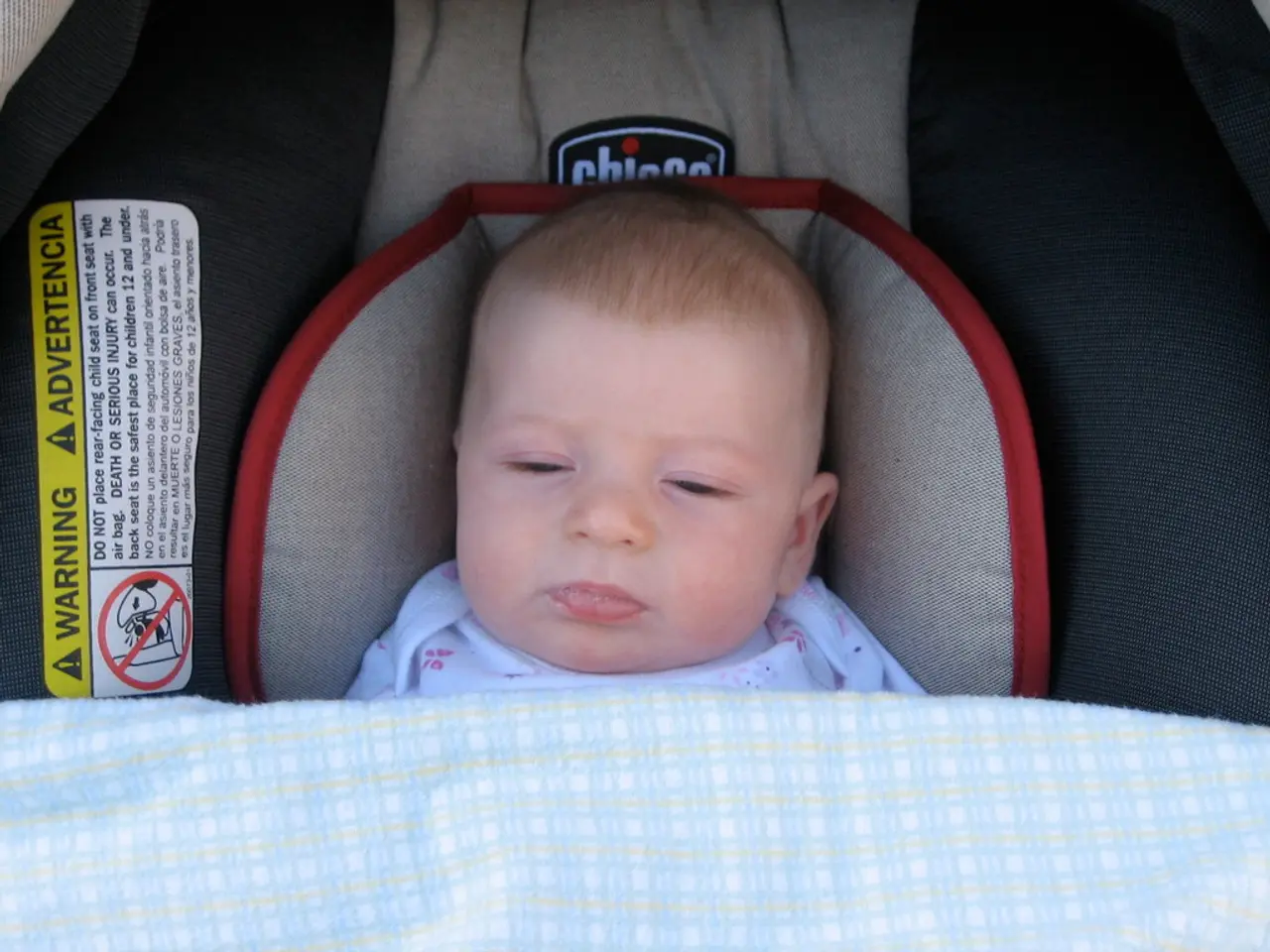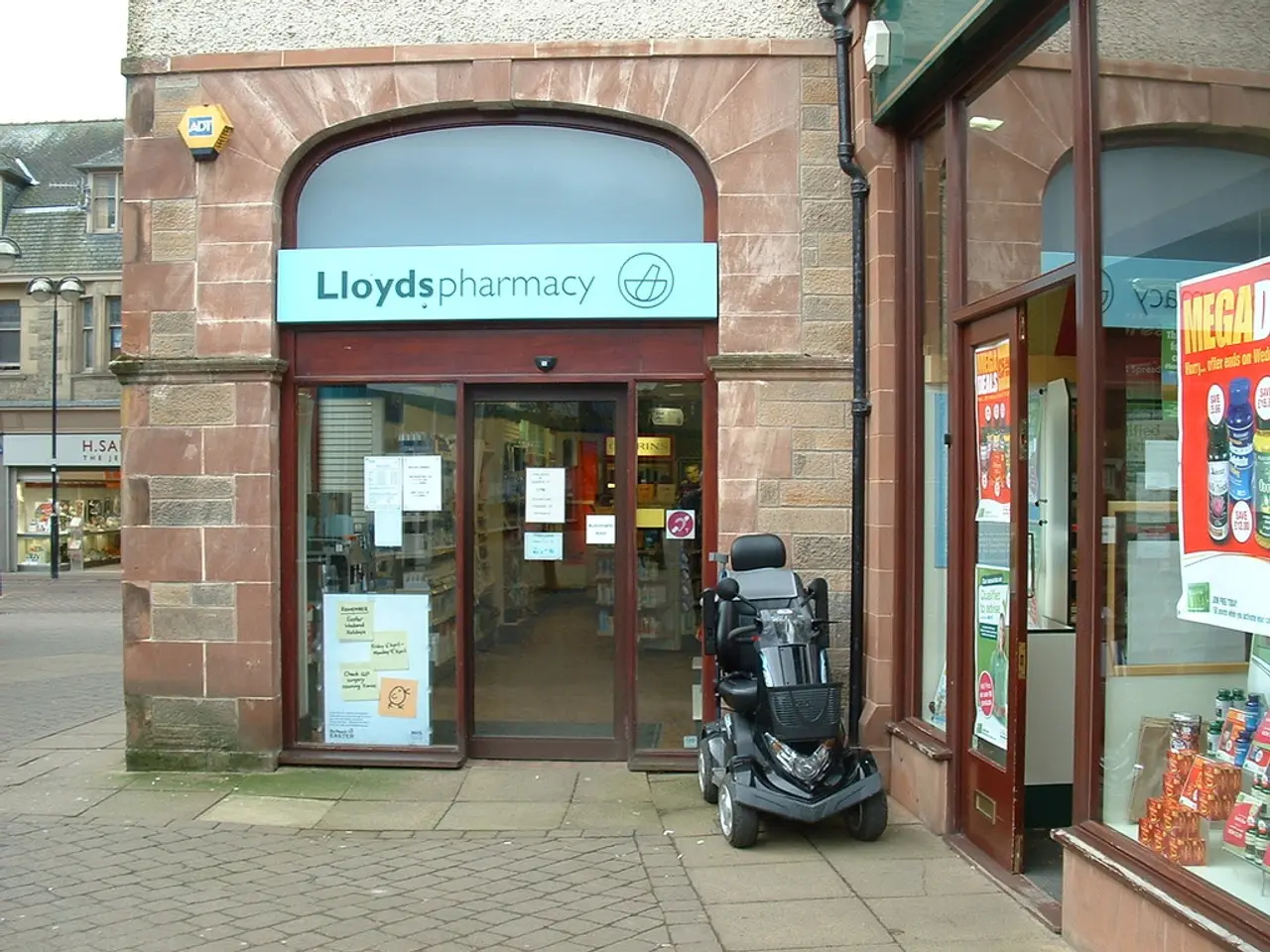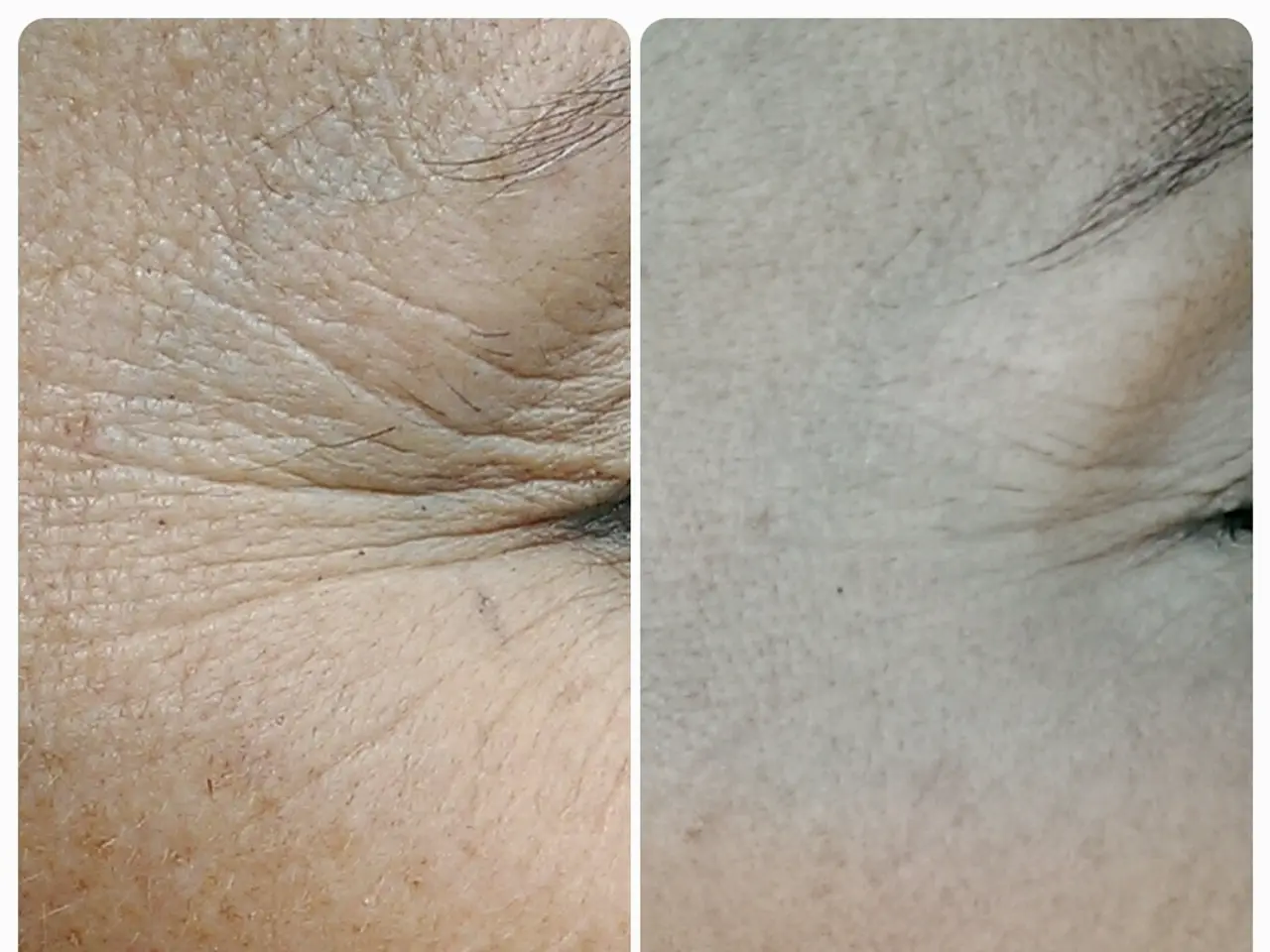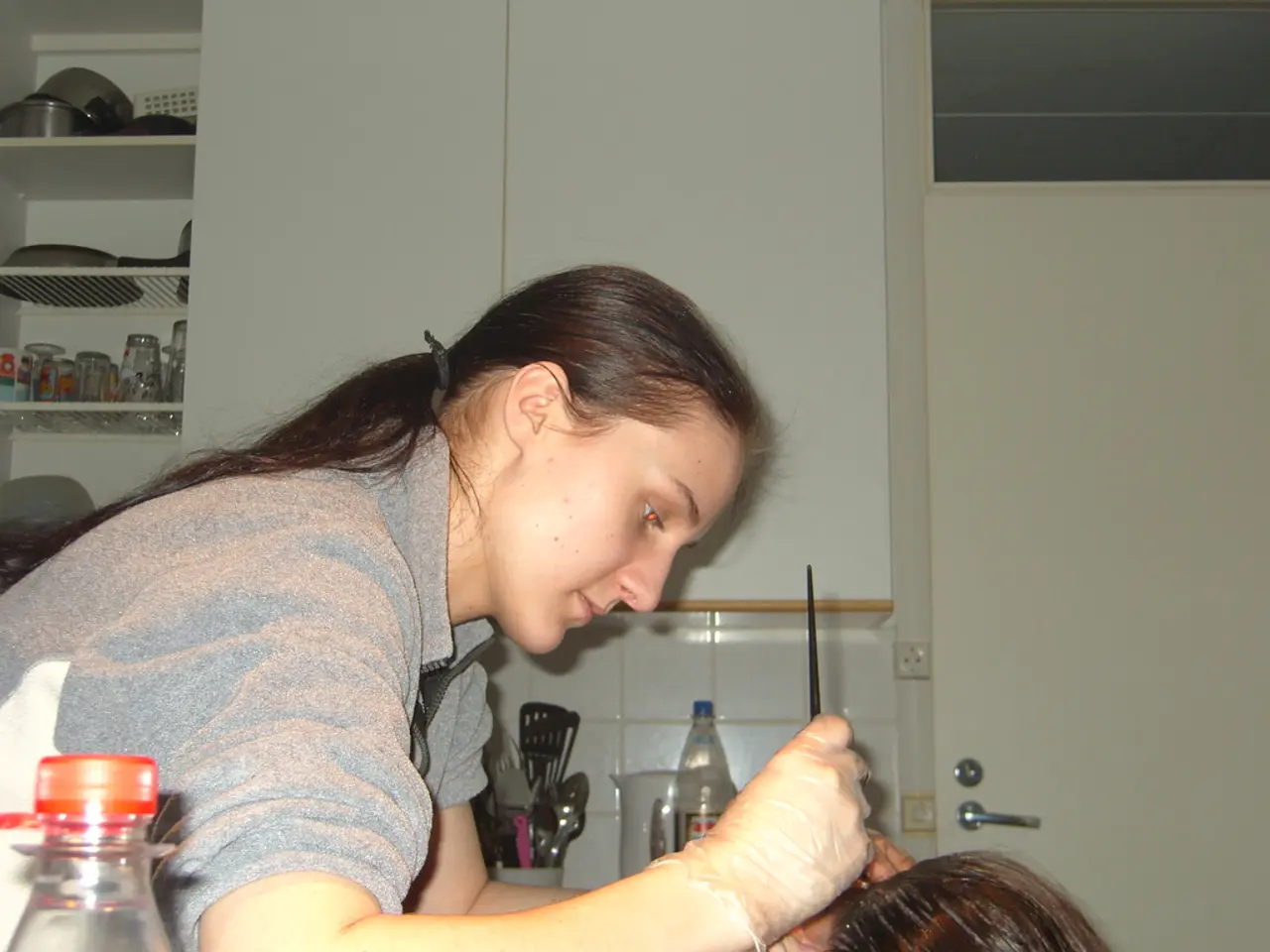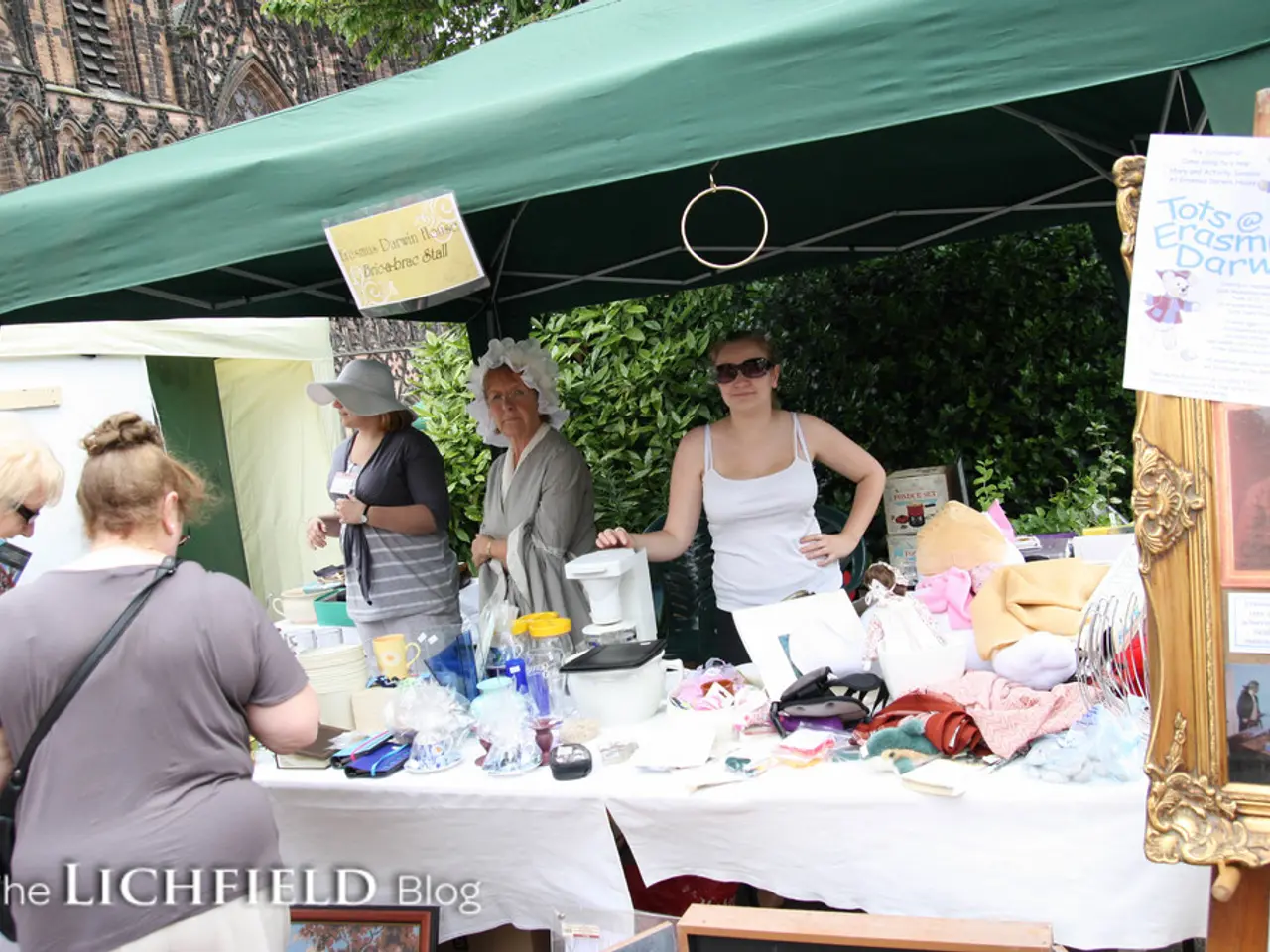Grave implications of not having children
In the Netherlands between 1956 and 1984, a dark chapter in history unfolded as thousands of newborns were forcibly taken from their unmarried mothers, often just after birth. This period saw large-scale removals and adoptions, with many mothers coerced or compelled to relinquish their newborns under societal and institutional pressure, reflecting prevailing social stigmas around unmarried motherhood [1][3][4].
The practices of the mother-child homes were designed to make it difficult for mothers to find their children. Young women were often sent to these homes before their pregnancies became obvious, and after their babies were born, they were not allowed to hold or breastfeed their infants [2]. Births were often brutal, with babies taken away immediately after birth. Many mothers did not even know the gender of their babies [2].
The impact of these forced removals has been profound and long-lasting. Survivors and adoptees have called on the Dutch government for recognition, apologies, and reparations for these practices [3][4]. Institutional care for these children was often marked by abuse and neglect, compounding the harm inflicted by separation itself [2].
Formal complaints mechanisms about past abuse or forced adoption exist, but they are seldom effectively used or thoroughly investigated [2]. Dutch authorities have been encouraged to empower oversight bodies such as the Children’s Ombudsman and the National Preventive Mechanism with better mandates and resources to monitor treatment and safeguard children in care [2].
However, as of 2025, public and governmental discussions are ongoing regarding acknowledgment and reparations for victims, but no comprehensive official government apology akin to that issued for similar policies in other countries (e.g., Canada’s Sixties Scoop) has been formally issued yet [3][4]. In March 2025, the Appeals Court in The Hague ruled that the cases of the 'distance mothers' are time-barred [3].
Despite these challenges, efforts continue. Will van Sebille, a 'distance child', founded the "De Afstandsmoeder" foundation in an attempt to help biological mothers separated from their children. The foundation has collaborated with the International Institute of Social History, Maastricht University, and the Women's Institute Atria on various sub-projects [1].
In June 2020, Trudy Scheele-Gertsen filed a lawsuit against the Dutch state for the wrongful removal of her child. Although her lawsuit was dismissed in 2022, she appealed [1]. In June 2025, an independent commission published the report "Damage by Shame" after conducting interviews and studying files over three years [1].
The fight for justice continues, with 'distance children', now adults, taking up the fight for clarification and recognition. The hope is that one day, the Dutch government will issue a formal apology, grant access to records, and provide compensation for the suffering endured by these mothers and children.
References: [1] https://www.nrc.nl/nieuws/2021/09/10/de-afstandsmoeder-een-vereniging-voor-biologische-moeders-die-van-their-kind-gescheiden-zijn-3551738-a1630269 [2] https://www.bbc.com/news/world-europe-57251820 [3] https://www.npr.org/2021/09/09/1037804226/netherlands-forced-adoptions-apology [4] https://www.theguardian.com/world/2021/sep/10/netherlands-forced-adoptions-families-seek-truth-and-justice-after-trauma
- The 'De Afstandsmoeder' foundation, established by a 'distance child', works in collaboration with various institutions to aid biological mothers separated from their children, focusing on areas such as science, health-and-wellness, family-health, and mental-health.
- Advocating for women's health and parenting rights, Trudy Scheele-Gertsen, a victim of forced adoption, filed a lawsuit against the Dutch state in June 2020, aiming for a legal recognition of the trauma experienced due to family separations.
- The ongoing fight for justice in the Netherlands involves efforts to address various aspects of health and wellness, both physical and mental, among the survivors and their families, as they strive for an official government apology, access to records, and compensation for their sufferings.
